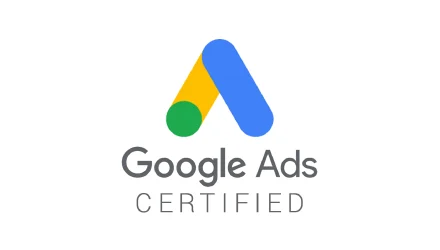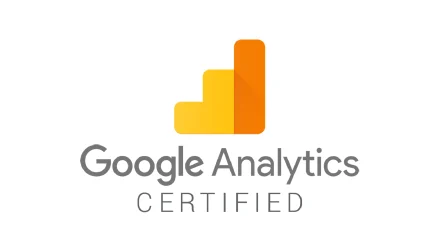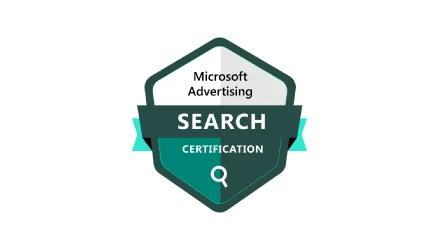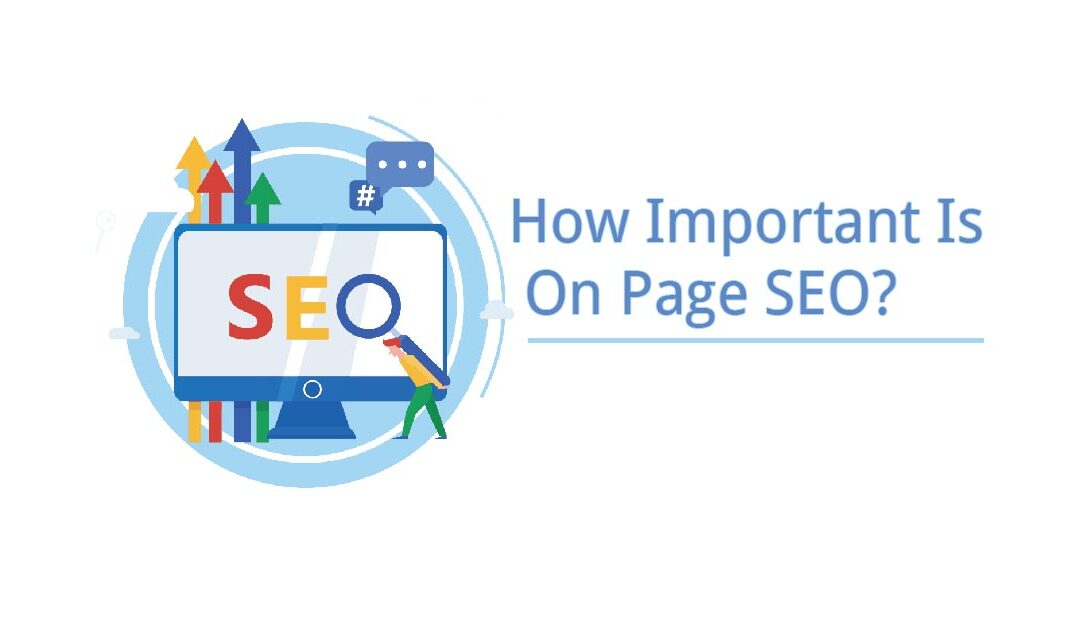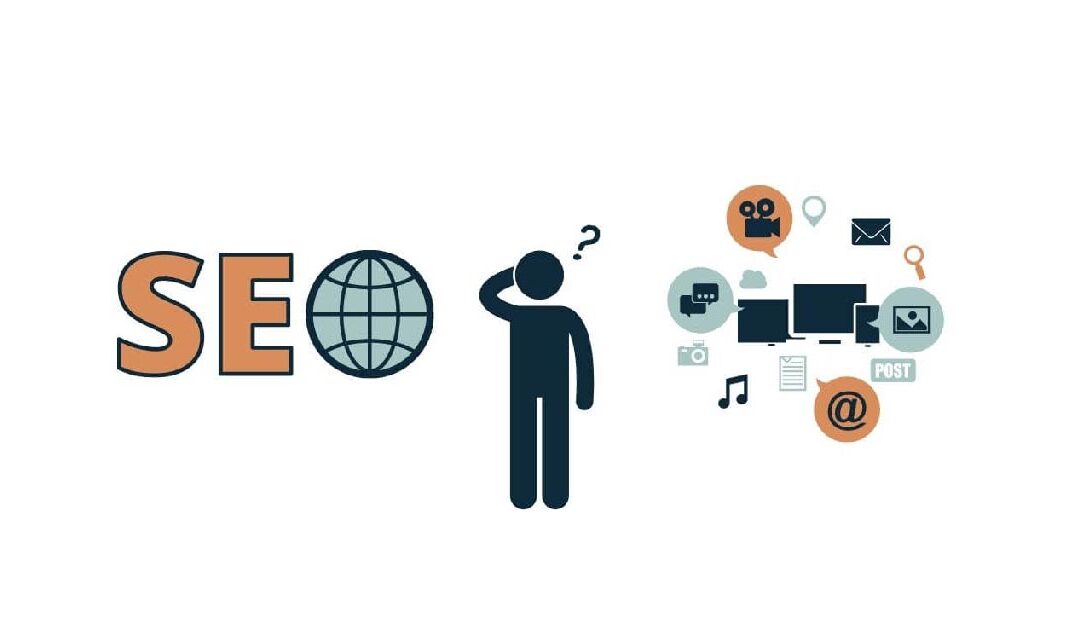Many factors go into determining your SEO rankings. Many characteristics are good and yes, there are some bad ones as well. Having unhealthy SEO practices can negatively effect your Google and other search engine rankings. Below are 5 practices to avoid whenever developing your website pages. Granted this list is not all inclusive, but these seem to be the factors that seemingly get the most negative attention.
Slow Page Load Time
Slow page load time will kill a website. Nowadays if your page is not loading in 4-5 seconds, 24-7, you have a problem. Having a good hosting provider with 24×7 availability is equally important to your website.
Duplicate Content
Having non-unique content on your website is never good for SEO. Basically if the search engines already have the content that you have, then why do they need to index your page? In ecommerce pages, product descriptions seem to have a large amount of duplicate content because the product descriptions come directly from the manufacturer of the particular product(s). My suggestion would be to alter that content or add to it, so that your content remains unique from others. It is going to be the only way that your page will stand out and in a lot cases, the only way Google will index it and rank it at all.
Too Many Links On A Page
How many links on the page is too much? Back in 2009, Matt Cutts, the Google SEO guru stated, “Keep the links on a given page to a reasonable number (fewer than 100)”. So the question is, does that mean that you will be penalized and not get your page indexed because you have more than 100 links on your page? Not necessarily. This number was thrown out there more so as a guideline than anything. A year later, Google Engineer John Mu stated, “100 links to a page is a just a suggestion … There are pages out there with more than 100 links, and it isn’t an issue. If your page is sufficiently authoritative, Google is going to be interested in the pages that are being recommended by that page. Does all of this matter? To put it simply, yes. Your actual page rank for any given page is divided by the links provided on the page. For example, say that your main page has 150 links to internal pages on your website. If your original home page can pass along 85% Pagerank, then it would be splitting that 85% 150 different ways, diluting the page rank passed throughout all pages down to less than 1% per link. Whereas, if you had a main page that was passing along 85% through 5 links, it would be passing 17% per link respectively. So what is the right answer? There really is none. However, as a rule of thumb, most SEO experts would agree that keeping the home page links down to a minimum is best, unless you feel that each subsequent link being provided carries the same weight as that of the primary page. Overall, the basic rule of thumb in keeping it under 100 is a good place to start.
Too Many Outgoing Links
Having too many outgoing links on any given page without using the “nofollow” tag will often result in Google considering the page or website as a link farm and disregard it entirely. Your outgoing links should always been limited to the least possible necessary for the given article, product, or page.
Failing To Use The Tools Google Provides
Google developed the Google Webmaster Tools to help you better communicate with webmasters, and ultimately with the listings on your website. You can check for things like bad links, crawl errors, duplicate titles, descriptions, and much more. You can also read a ton of information on various topics that are pertinent to your success on Google’s search engine. You need to utilize this information to the best of your ability.
The most important thing you can do for your website is to follow good SEO practices that are ethical and based on Google’s current ranking standards. I wrote an article late last year outlining the general rules for developing good SEO. It is entitled, 2024 Google 200+ Ranking Factors.
About The Author
Mark Temte
Mark Temte is our Director of Ecommerce & Digital Marketing. He originally started working with an affiliate company HVC Enterprises from 1996-2004, and rejoined our staff here at Ecom Internet Technologies in 2020. He has more than 25 years of experience in search engine optimization, web development, and digital marketing, working for various companies throughout the world. He has also worked as a contributing editor for Website Magazine in the early 2000’s. He is now our contributing editor and author of most articles here on our blog.




